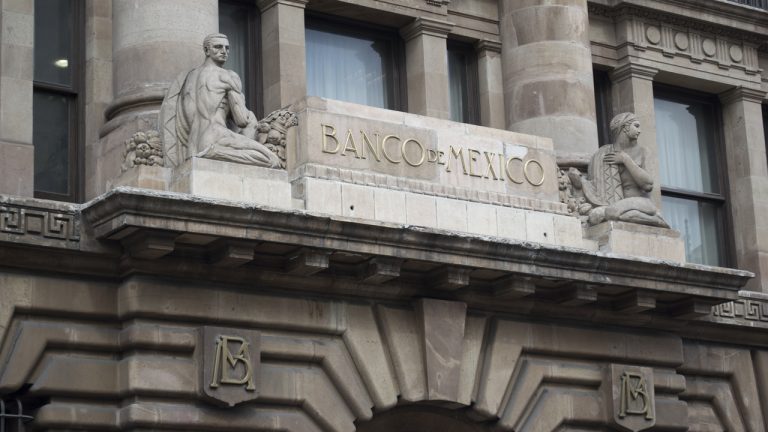
Commercial banks by far pose the greatest risk of money laundering in Mexico compared to crypto-related companies, according to a new report by the country’s Financial Intelligence Unit (FIU).
The study singles out what it calls the “G7 banking group”, which includes BBVA, Santander, Citibanamex, Banorte, HSBC, Scotiabank, and Inbursa, as the biggest conduits of illicit money in the South American country.
Brokerage firms and foreign exchange entities have also been flagged as “high risk”, El Economista reported.
The “G7 banking group” controls 80% of the assets within Mexico’s financial sector. However, Mexico’s second National Risk Assessment report did not provide figures for the potential loss from bank-linked money laundering activities.
Santiago Nieto Castillo, who heads the FIU, noted that the “G7 banking group” is “the most regulated sector” in the country. But even then, “multiple banking, made up of the seven largest banks in Mexico, is the sector most likely to be used to carry out money laundering operations,” he said.
Regulators throughout the world have long been suspicious that bitcoin (BTC) exchanges and other crypto companies might be liable to using their platforms to facilitate illegal financial transfers.
So, authorities have been tightening screws around anti-money laundering (AML) reporting requirements for crypto exchange operators and other blockchain companies.
In Mexico, digital asset firms must report transactions of more than $2,500 to the financial regulator, in line with AML requirements. This may be a one-time transaction or those that occur over a period of six months.
But operating a cryptocurrency business in the country requires that one pays $35,000 in licensing fees and generate up to $100,000 in profit per year, according to a new law targeting fintech companies, which came into force in 2019. The requirements reportedly sent a number of firms underground.
Now, in its latest report, Mexico’s Financial Intelligence Unit did not classify virtual assets-related risk – but that does not imply the sector is risk-free. Regulators still consider crypto susceptible to money laundering and terrorism financing, but only as an “emerging risk”.
Cryptocurrency trading is booming in Mexico thanks to a combination of a lack of public confidence in the banking sector, the promise of cheap financial transfers, and other factors.
Bitso, the country’s number one crypto exchange, has reportedly more than tripled trading volume during the eight months to May 2020. The platform now boasts over one million users, of which 92% are locals.
What do you think about banks and money laundering in Mexico? Let us know in the comments section below.
The post Banks in Mexico Pose Greater Money Laundering Risk Than Crypto Firms, Says Report appeared first on Bitcoin News.
from Bitcoin News https://ift.tt/32zSIJA
Comments
Post a Comment